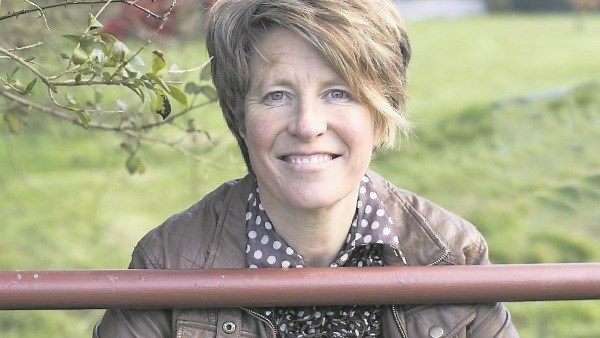Artist and food activist Lisa Fingleton ate only foods produced in Ireland on her 30-day local food challenge. She tells Ellie O’Byrne about her vision for a future where our season’s greetings are also homegrown, seasonal greetings.
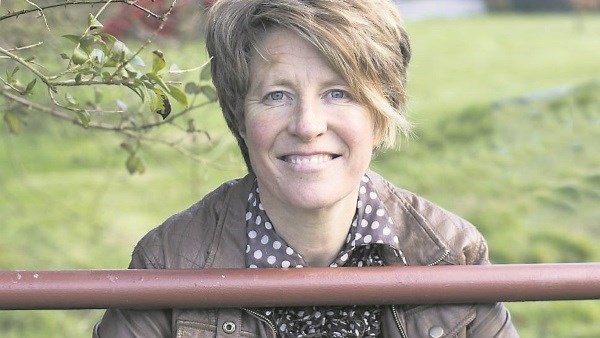
Retail giant Iceland’s banned Christmas ad highlighted the plight of orangutans in Borneo, where slash-and-burn agriculture is starving them out of existence to produce cheap palm oil as an ingredient in processed foods and toiletries.
The viral sharing of the ad, and countless petitions online to ban palm oil, show a real consumer desire to do the right thing. But many also say that an outright ban on palm oil, with no corresponding drive to sustainability, will drive the global market to ecologically devastating alternatives, like land-hungry soya oil.
What if the answer is much closer to home? What if we stopped relying on processed imports and restored a local, sustainable food economy?
Artist and author of The Local Food Project, Lisa Fingleton, has visited Borneo and seen the palm oil plantations for herself. Now, she’s on a mission to bring back Irish food independence, starting with her own, 30-day local food challenge: she eats only foods grown in Ireland.
“In Borneo, I was so shocked to see what I thought was going to be pristine rainforest and see all these palm oil plantations,” Lisa says.
It made it so real: the way we’re living our lives and importing all this supposedly cheap food actually comes at a huge cost for the planet
Lisa lives near Listowel, in Co Kerry, with her partner, photographer and documentarian Rena Blake, on a plot of land. They grow their own veg and have always had a keen interest in food sustainability, but following their trip to Borneo, Lisa started looking at the origins of their food with renewed interest.
“More and more, I was looking around and going, ‘why is there no local food in the shops’?” Lisa says.
Local food reduces plastic and carbon and gives people an income in rural areas. Yet, only 1% of Irish farms grow vegetables. I drive 20km to work and the only thing I pass is cattle. Why?
Lisa embarked on a radical annual dietary challenge to highlight Irish food sustainability: for a month each September, she only eats Irish-grown foods. This year, with the support of Transition Kerry and other groups, nearly 100 participants joined her. Not all braved the full challenge, which Lisa admits can be eye-openingly, stomach-rumblingly difficult.
At home, Lisa munched on her own delicious produce, such as homegrown peas, but, she says, there were “really bad days.”
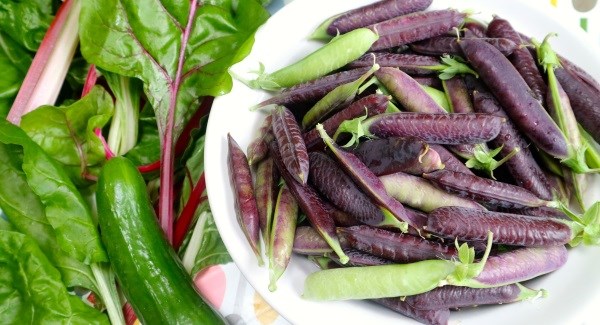
After a four-hour drive one day, Lisa found herself standing in a garage convenience store feeling famished.
“I thought I’d at least find an apple or something,” she says. “In emergencies, I’d said I’d allow myself a 5% margin of non-Irish ingredients. But the only thing I could find was Flahavan’s quick oats with 8% sugar, so I just didn’t eat them. I drove home starving.” Ireland’s last sugar-processing plant controversially closed in Mallow in 2006, following pressures from the EU. 3,700 farmers were left without a buyer for their sugar beet and Ireland was left dependent on imported sugar.
However, Lisa chose September for her challenge because of its abundance. As well as her own garden produce, she has many heart-warming tales of neighbours stopping in to barter eggs, as well as unusual discoveries, such as the existence of Ballybunion grapes.
Even as winter well and truly takes hold, Lisa’s garden and polytunnel are still yielding “chilis, kumquats, parsley, three kinds of kale, beets, leeks, four types of lettuce, and we still have lots of tomatoes, as well as basil, oregano, thyme, and loads of garlic.”
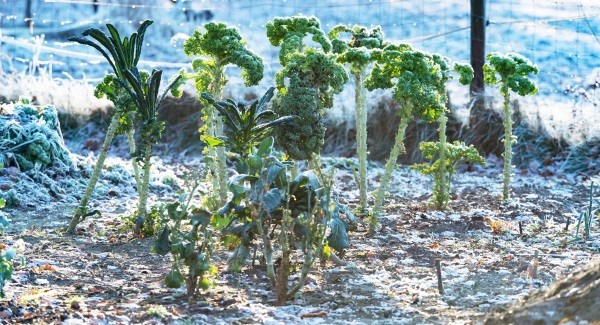
Lisa says encouraging people to grow their own is a cornerstone of any attempt at rebalancing our food habits and reducing our reliance on imports that seem cheap, but which cost the earth. Ultimately, she wants to build a network of community growers, supporting each other and bartering or buying each other’s produce.
“It’s not in the interest of big business for people to see how easy it is to grow. Looking at the politics of it, there’s huge money in processed ingredients,” she says.
We have to start making choices, but we’re really not being educated
Never are we under more consumer pressure to buy luxury imported goods than at Christmas.
“We expect strawberries on Christmas Day, pineapples on Stephen’s Day. People think ‘wow, that pineapple was 50c.’ But to get you that 50c pineapple, how many heated polytunnels are there around the world? How many thousands of miles has that melon travelled to be your Christmas starter?” Sitting down to a locally-sourced Christmas main course isn’t difficult. The mainstays of sprouts, spuds, carrots and parsnips are, of course, homegrown, winter-cropping vegetables, while, for meat-eaters, incredible quality turkey, ham, and beef from local sources are all worth a slightly higher price.
Why are only 1% of our farms in Ireland growing vegetables? (Eurostats 2016) …the lowest in the EU! Need to develop a resilient food community in Ireland especially post brexit! pic.twitter.com/42LdodUnDf— Lisa Fingleton (@lisafingleton) September 28, 2018
Of course, festive desserts rely on ingredients like chocolate and out-of-season imported fruits. Lisa says she’s no Scrooge: Christmas is a time for splashing out, after all. But with a little creative menu-planning, cooks could take advantage of the crème de la crème of local ingredients: apples and pears, eggs, honey, and our amazing quality butter and cream.
In Lisa’s vision of the future, as many people as possible will be growing their own Christmas dinner. But that takes time, planning, and access to land.
Even those who didn’t dig over beds for their brussels sprouts last spring can still source their Christmas feast as locally as possible, Lisa says, and buying in farmer’s markets, and or simply getting used to checking the provenance of our foods, is a step we can all take.
“How cool would it be to serve Christmas dinner and say, ‘everything came from within 20 miles of here?’ Imagine if everyone did that, just for Christmas day?”
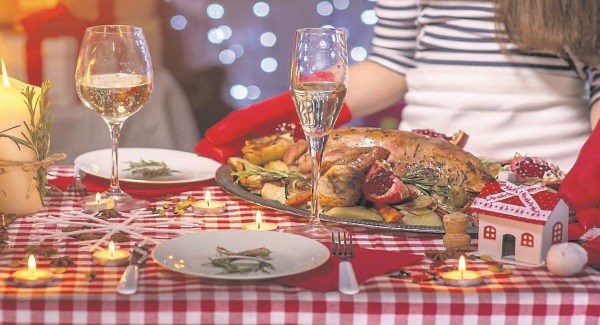
The Local Food Project by Lisa Fingleton will be available in local booksellers in December.
For information visit: www.lisafingleton.com

